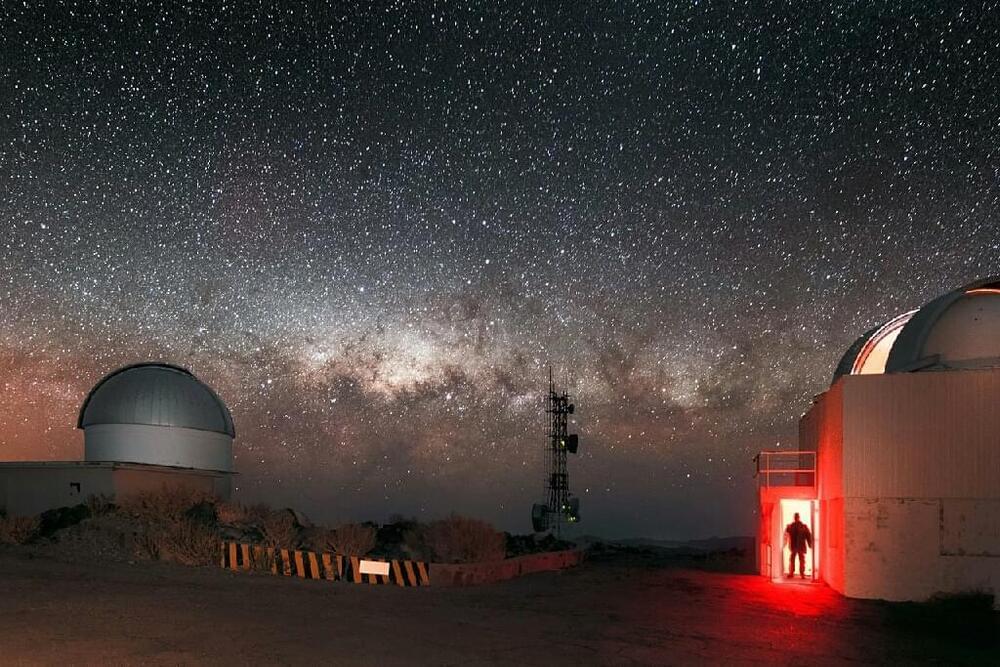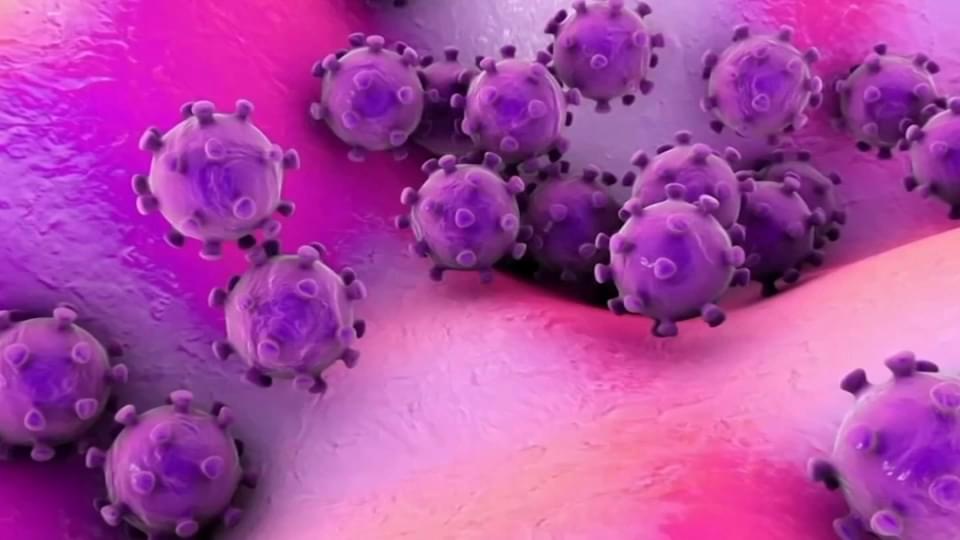From a friendlier way to write WebAssembly to a visual language for machine learning, these 11 programming tools could redefine the way you write software.



This week’s “Heard in the Milky Way” offers audio and video talks and interviews with leading astronomers and astrophysicists that range from Would Data from an Alien Intelligence be Lethal for Us to Neal Stephenson on Sci-Fi, Space, Aliens, AI and the Future of Humanity to Is Alien Life Weirder than We Think, and much more. This new weekly feature, curated by The Daily Galaxy editorial staff, takes you on a journey with stories that change our knowledge of Planet Earth, our Galaxy, and the vast cosmos beyond.

Sanctions imposed on Russia over its invasion of Ukraine are forcing lenders and businesses to pull out of the country.
This visualization shows 22 X-ray binaries in our Milky Way galaxy and its nearest neighbor, the Large Magellanic Cloud, that host confirmed stellar-mass black holes. The systems are depicted at the same physical scale, and their orbital motion is sped up by nearly 22,000 times. The view of each bin.
This visualization shows 22 X-ray binaries in our Milky Way.
The Milky Way is the galaxy that contains the Earth, and is named for its appearance from Earth. It is a barred spiral galaxy that contains an estimated 100–400 billion stars and has a diameter between 150,000 and 200,000 light-years.
JPL & the Space Age: To the Rescue.
In 1990, Hubble meant trouble. The highly touted space telescope was designed to escape Earth’s blurry atmosphere to capture unparalleled visual images of the universe, but its creators were shocked to discover that a minuscule flaw rendered it nearsighted.
Enter NASA’s Jet Propulsion Laboratory scientists and engineers, who offered up an ingenious solution to Hubble’s visual woes. But would it work?
Hubble wasn’t the only space misadventure getting JPL’s attention during the 1990s: The Magellan spacecraft, nicknamed “Salvage 1” for its reliance on spare parts, barely survived its arrival at Venus. Galileo, destined for Jupiter, barely skirted failure when its main communications antenna refused to unfurl. And Mars Observer, the first mission to the Red Planet in nearly two decades, would mysteriously disappear just before going into orbit.
“To the Rescue” explores these iconic examples of the tireless effort and indomitable ingenuity of JPL engineers as they attempt to rescue the machines they had lofted into the heavens.
There is a SIRT6 activator on the market but it is very expensive at a few hundred dollars.
We have had requests for a summary of the interview with Prof Cohen. This video is a summary of the key points from the interviews. As I note in the introduction, this is my interpretation of what Prof Cohen said, please check the original interviews if you have any questions. And please do feel free to let me know if you think I got something wrong!
Professor Haim Cohen is the director of the Sagol Healthy Human Longevity Center at Bar-Ilan University where he focuses much of his research on the SIRT6 protein. In May 2021 he and his team published a paper showing a 30% increase in lifespan in a mouse model by over expressing SIRT6.
Prof Cohen’s page at the university.
https://life-sciences.biu.ac.il/en/node/641
Prof Cohen’s Lab.
https://www.haimcohenlab.com/
Prof Cohen’s Paper on Sirt6 is here.

Elon Musk is set to become Twitter CEO as soon as his Twitter deal goes through.

It is vital to recognize the immediate economic importance of i nvesting in longevity and healthy-aging sciences.
Aging itself is a complex series of at least 300 biological processes involving more than 10% of our genetic makeup. It follows that methods to combat these effects must be a combination of sciences, from biotech to biophysics and pharmaceuticals. There is no single “silver bullet” solution.
Aging, along with the physical and mental decay that accompanies it, is still widely regarded as a natural and inevitable thing. It is not, it is a degenerative disease in which the physical integrity and structure of our cells decay each time they divide to replace old ones or as part of any healing process.

Less than a millionth of a billionth of a second long, attosecond X-ray pulses allow researchers to peer deep inside molecules and follow electrons as they zip around and ultimately initiate chemical reactions.
Scientists at the Department of Energy’s SLAC National Accelerator Laboratory devised a method to generate X-ray laser bursts lasting hundreds of attoseconds (or billionths of a billionth of a second) in 2018. This technique, known as X-ray laser-enhanced attosecond pulse generation (XLEAP), enables researchers to investigate how electrons racing about molecules initiate key processes in biology, chemistry, materials science, and other fields.
“Electron motion is an important process by which nature can move energy around,” says SLAC scientist James Cryan. “A charge is created in one part of a molecule and it transfers to another part of the molecule, potentially kicking off a chemical reaction. It’s an important piece of the puzzle when you start to think about photovoltaic devices for artificial photosynthesis, or charge transfer inside a molecule.”

The BA.2 omicron subvariant still remains the dominant COVID strain across the U.S., but another subvariant has gained momentum in recent days.
BA.2.12.1, which health officials say appears to be up to 27% more contagious than BA.2, accounts for approximately 36.5% of cases nationwide, according to the most recent CDC weekly numbers.
While BA.2 accounts for approximately 75% of all cases in the country, it is said to make up at least 70% of the cases in the healthcare region encompassing New York, New Jersey, Puerto Rico and the Virgin Islands.